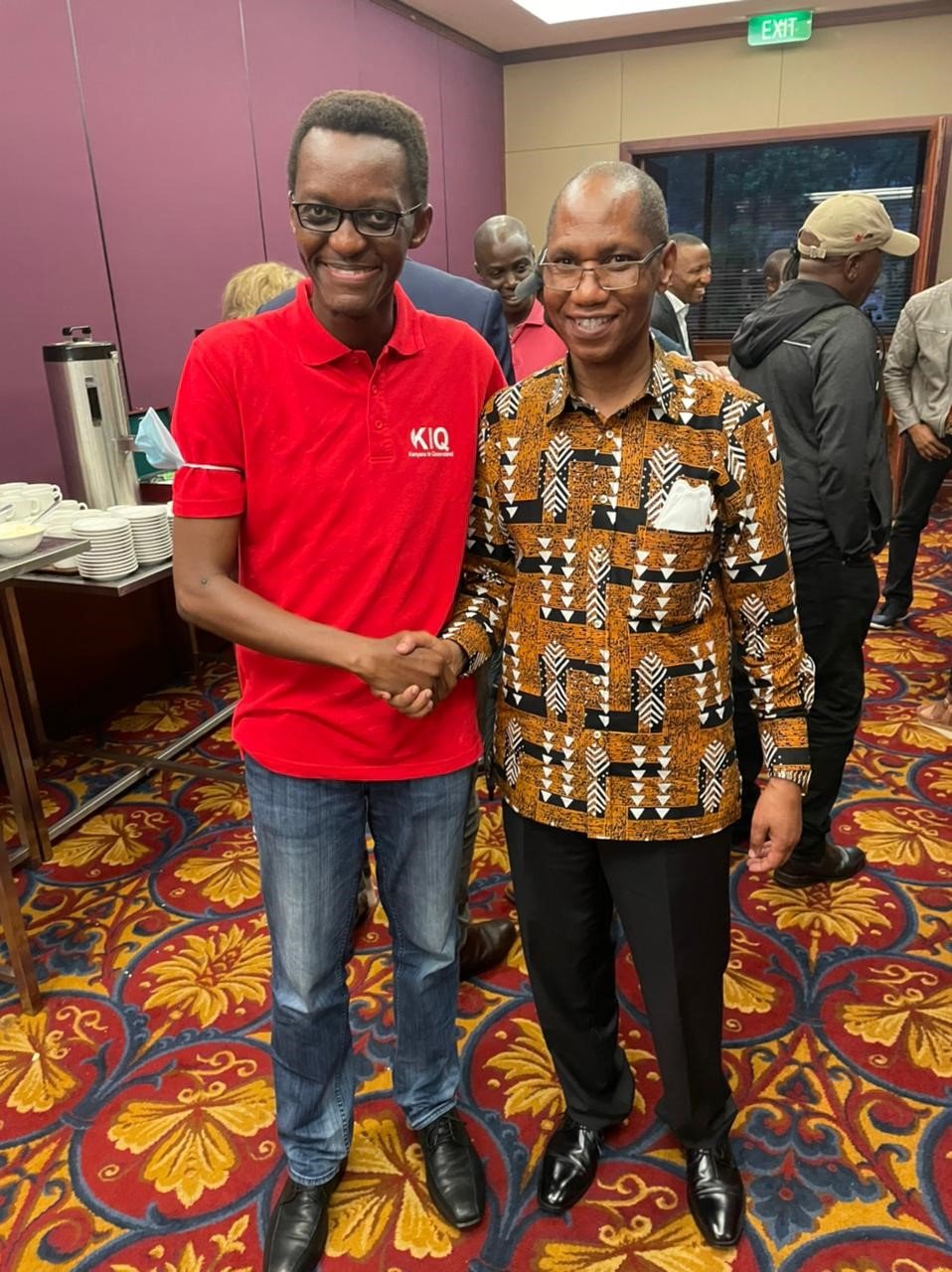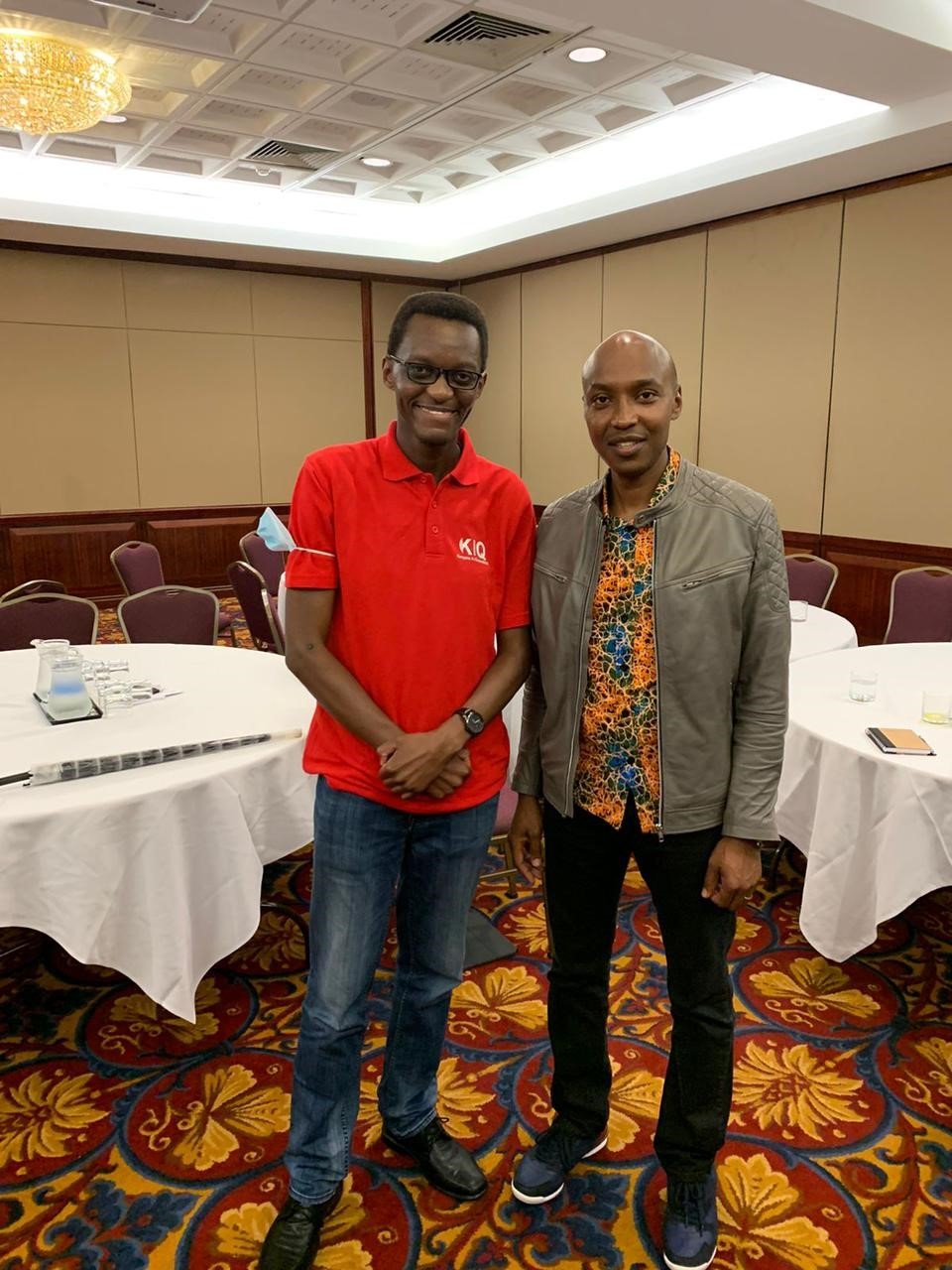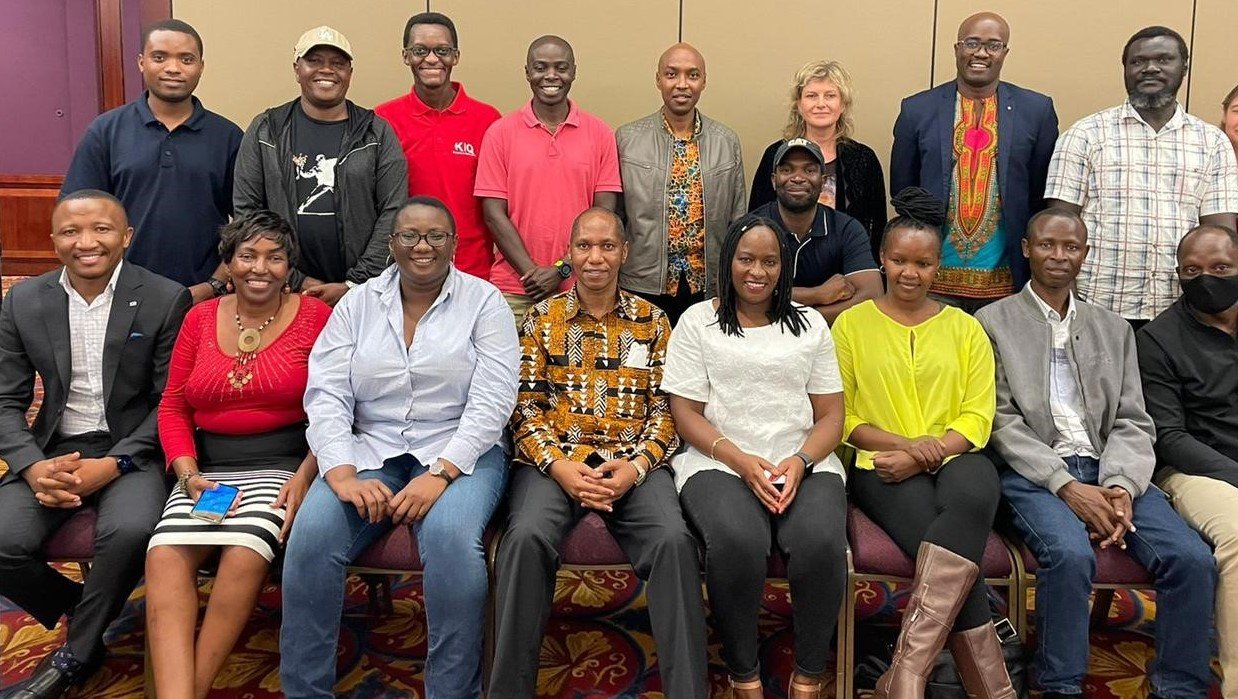Meet Dr Nchafatso Obonyo
Obonyo’s early interest in medicine
Dr Obonyo’s fascination with medicine started at a young age when he volunteered at hospitals and nursing homes as part of his education at the Alliance High School in his home country of Kenya. Here he was introduced to influential doctors and was inspired to learn more about how to help the sick.
The current treatment of septic shock
After receiving his medical degree from the University of Nairobi, Dr Obonyo took an internship at the Kijabe Mission Hospital on the outskirts of Nairobi.
As part of his paediatric rotation, Dr Obonyo cared for critically ill children who experienced septic shock from blood-borne infections. At the time the main treatment option for septic shock was intravenous fluid bolus, where a large volume of fluid is rapidly administered to try an improve a patient’s blood pressure. The outcomes however were not always optimal with many patients dying hours after initial improvement.
Re-examining current treatment guidelines
So in 2011, Dr Obonyo joined the KEMRI-Wellcome Trust Research programme to examine the supporting evidence for the septic shock treatment guidelines. Subsequently in 2013, he was awarded the prestigious Global Health Research Fellowship from the Wellcome Trusts Centre for Global Health Research at the Imperial College London for his work on the management of septic shock in critically ill children.
Dr Obonyo was recently invited to a reception to His Excellency Amb. John Tipis, High Commissioner for Kenya to discuss his research and future collaborations with his home country. The event was organised by Kenyans in Queensland, a networking group that promotes Kenyan culture and foreign exchanges across the state.
Dr Obonyo joined The Prince Charles Hospital’s Critical Care Research Group in 2014 and awarded a Research Fellowship and an Innovation Grant from The Common Good in 2021.
Above: Dr Obonyo with His Excellency Amb. John Tipis, High Commissioner for Kenya (left) and First Counsellor, Mr Mathew Kaikai (right). Bottom: Dr Obonyo (top row, third left) at the Kenyans in Queensland Reception, Brisbane, February 2022.
The potential benefit of reviewing septic shock treatments
With an estimated incidence of 49 million cases annually of sepsis and a 20% death rate in the developed world, this research has enormous implications for the health outcomes of millions of people. The continuation of this important research would not be possible without the support of The Common Good and their donors. When you support The Common Good, you are backing incredible, talented researchers like Dr Obonyo whose work will hopefully inform changes to how septic shock is treated, which could quite literally save millions of lives worldwide.
Read more about Dr Obonyo’s life-saving research here




